Treatments At Gaur Physiotherapy
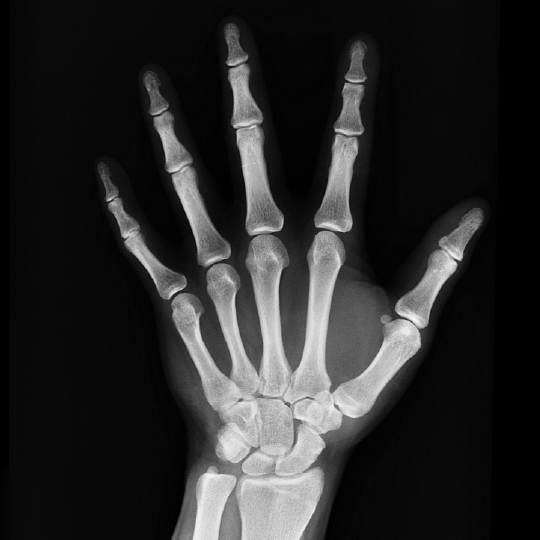
Musculoskeletal Physiotherapy
If you require musculoskeletal physiotherapy assessment, it’s best to contact a musculoskeletal physiotherapist. A proper musculoskeletal physiotherapist will assess and treat individuals suffering from conditions such as arthritis, back pain, and neck pain. Even if you’re experiencing repetitive strain injury, seeking assistance from a musculoskeletal physiotherapist is a wise decision. Moreover, a reliable musculoskeletal physiotherapist will assist patients with a variety of conditions, including sports injuries, work-related injuries, osteoporosis, and recent hip or knee replacements.

Post-surgery rehabilitation
Post-surgery rehabilitation is a program designed to restore proper joint movements, strengthen muscles around the joint, and improve joint function. It’s crucial to understand that rehabilitation is a lengthy process, spanning months or even a year, despite surgeries often being completed within hours. The significant disparity between the duration of surgery and the lengthy rehabilitation period is noteworthy. When a patient undergoes cartilage surgery or procedures involving the shoulder, ankle, or knee, the recovery process tends to be lengthy. Therefore, it’s crucial for the patient to remain committed to the entire rehabilitation process. However, the one-year timeframe for recovery is merely an example; the actual duration will depend on various factors.
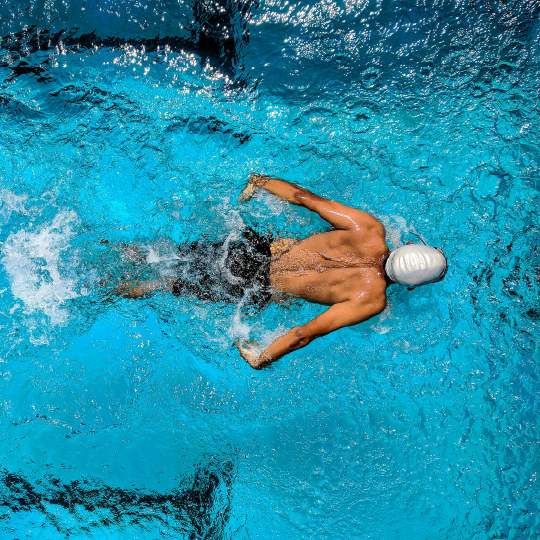
Sports Physiotherapy
The primary role of a sports physiotherapist is to prevent and manage injuries resulting from exercise and event participation across all ages and abilities. Sports physiotherapy provides evidence-based guidance for safe exercise participation. Furthermore, these trained professionals promote an active lifestyle to help individuals improve and maintain their quality of life. Exercise and sports physiotherapists play a crucial role in assisting athletes of all ages and abilities to enhance their performance.
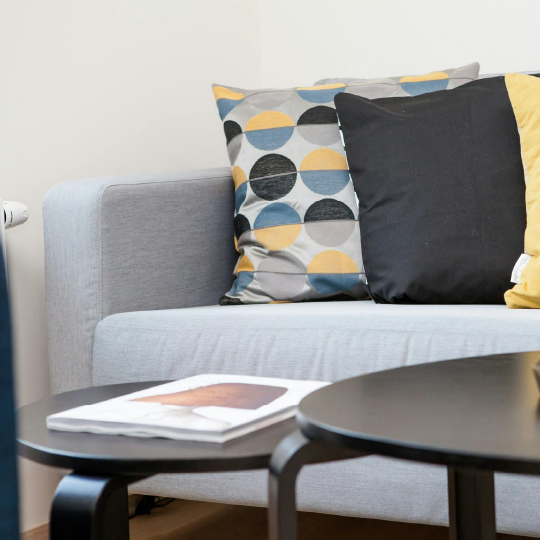
Physiotherapy At Home
Physiotherapy from home offers a safe, comfortable, and convenient option for rehabilitation. It provides flexibility, enabling physiotherapists to create detailed, goal-oriented, and personalized plans tailored to help you achieve optimal recovery. If you’re unable to travel due to physical limitations or can’t visit a physiotherapist due to work or personal reasons, reach out to our experts at +91 9036811040. Gaur Physiotherapy’s expert professionals can visit your residence and work closely with you to develop a customized recovery plan.
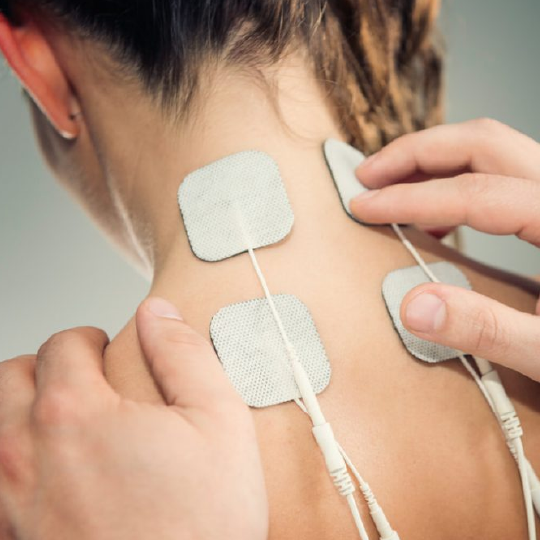
Electro-Therapy
Electrotherapy stands as a valuable technique within physiotherapy, particularly for addressing paralysis and muscular pain. By aiding in pain reduction and facilitating the body’s natural healing process through increased energy levels, electrotherapy modalities such as Ultrasound Therapy, Interferential Therapy (IFT), TENS, EMS, and Russian Current offer diverse benefits. From managing pain and neuromuscular dysfunction to promoting tissue repair and alleviating inflammatory conditions like arthritis, electrotherapy serves as a versatile tool for addressing various musculoskeletal issues. With its ability to target specific areas and provide targeted relief, electrotherapy remains an essential component of comprehensive physiotherapy interventions aimed at enhancing patients’ overall well-being and functionality.
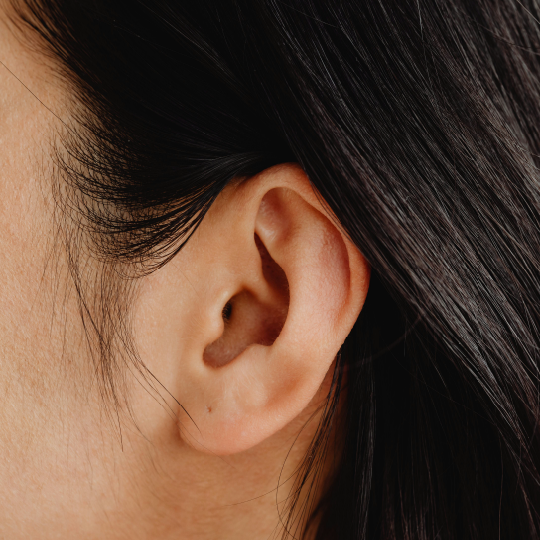
Vestibular Rehabilitation
Vestibular rehabilitation offers an evidence-based solution for managing a range of symptoms stemming from vestibular dysfunction, including dizziness, vertigo, motion sensitivity, and balance and postural control issues. Patients afflicted with vestibular impairment often contend with challenges related to gaze and motion stability, as well as balance and postural control. Consequently, vestibular rehabilitation targets these areas of pathology or dysfunction. However, the precise treatment methodology varies depending on the underlying pathology and the individual patient’s specific presentation. Thus, a comprehensive understanding of the vestibular system is indispensable for effectively treating this patient demographic.

Women's Health Physiotherapy
Women’s Health Physiotherapy is a specialized branch of physiotherapy that aims to address the unique healthcare needs of women. It involves three broad steps: assessment or evaluation of your current condition/issue, treatment based on your requirements and limitations, and support to prevent further complications. It supports women coping with a diverse range of problems, including pelvic floor dysfunction, pregnancy-related concerns, pelvic pain, menopause management, breast health, and more. It focuses on specialized treatment and rehabilitation programs that will help improve women’s overall quality of life.
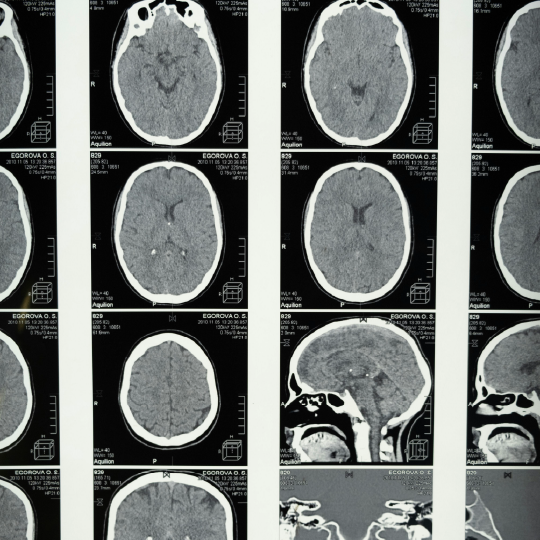
Neurological Physiotherapy
Neurological Physiotherapy, also known as neuro physio, is a specialized branch within the field of physiotherapy that focuses on treating neurological conditions. Neurological rehabilitation is a doctor-supervised program tailored for individuals dealing with diseases, traumas, or disorders of the nervous system. This comprehensive rehabilitation approach aims to enhance function, alleviate symptoms, and improve the overall well-being of patients. Neurological rehabilitation therapists, who are trained physiotherapists specializing in the evaluation and treatment of movement problems resulting from nervous system diseases or injuries, play a crucial role in this process. By providing targeted interventions, these therapists help improve or restore mobility, enabling individuals to progress and lead fulfilling lives.
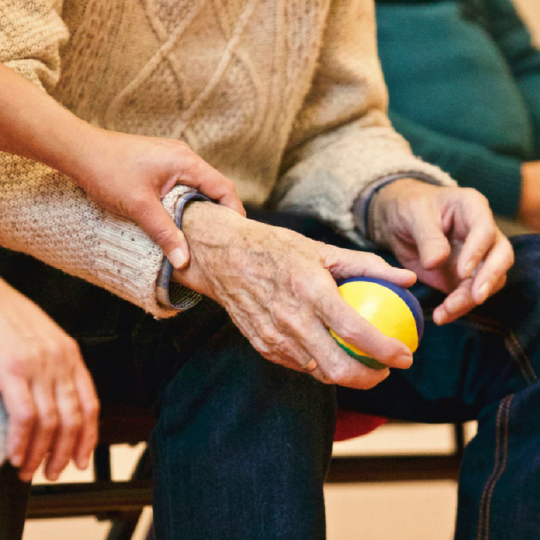
Geriatric Physiotherapy
Geriatric Rehabilitation (GR) aims to restore function or enhance residual functional capacity and improve the quality of life in older people, particularly those with disabling impairments and/or frailty. Current rehabilitation practice focuses on function and well-being, not exclusively on disease. Rehabilitation of older adults assists in preserving functional independence and improving the quality of life.
As one ages, the body undergoes various degenerative issues, which leads to loss of strength in the muscle tone. This restricts flexibility and mobility and causes older adults to experience emotional and social functioning changes, affecting their quality of life and well-being. Geriatric physiotherapy is a holistic brand of physiotherapy that provides assessment, treatment, and rehabilitation for elderly people for various age-related challenges in musculoskeletal, cardiovascular, neurological, and respiratory areas of health.

Ergonomics & Posture Correction
Ergonomics is the science of studying how people use things in their environment. This includes how people sit, stand, and move while they are working. It also includes designing things like furniture and tools to make them more comfortable and efficient to use. By studying ergonomics, workers can learn how to reduce strain injuries by improving safety, developing ergonomic posture, reducing fatigue and improving productivity. Ergonomics assessments can identify areas of ergonomic risk that could lead to physical or mental problems such as lower back pain, poor concentration, physical fatigue and tiredness. Many businesses have implemented ergonomically designed products into their workspaces in order to minimize these risks.

Balance and Coordination
Balance and Coordination is one of the main fitness components, a factor for success in many sports. In certain sports, such as gymnastics and surfing, balance is one of the most important physical attributes. Good coordination is also vital for sports involving hitting objects. In many other sports, including team sports, good balance and coordination is an important part of skill development and the overall fitness profile. A vote of the top sports requiring coordination has hitting sports such as baseball, tennis and squash ranked highest. See also another list ranking sports in which balance is important.
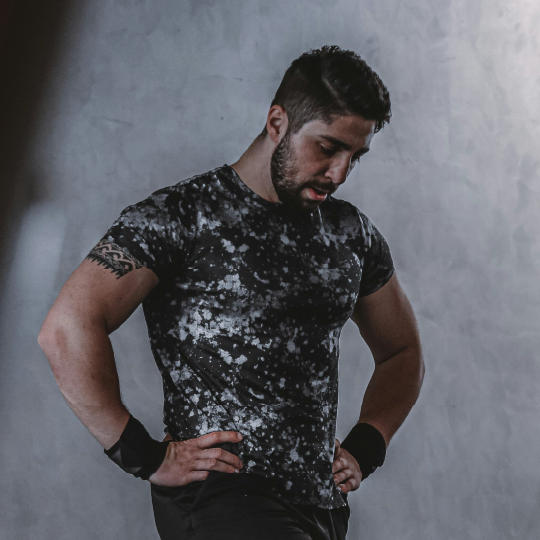
Strength and Conditioning
Strength and conditioning is the practical application of sports science to enhance your movement quality to improve performance. Alongside strength training, strength and conditioning can be used to help train your core, improve flexibility, movement, power, speed, fitness, and helps to support injury rehabilitation.
Proper strength and conditioning allows an athlete to strengthen supporting muscles, even out muscle imbalances, increase mobility, correct posture, stabilize joints, learn new movement patterns and enhance coordination and peripheral skills. Specifically: Increases muscle strength. Increases muscle endurance.

Pain Management
At Gaur Physiotherapy Clinic, we specialize in treating a wide range of pain conditions, including neck pain, back pain, shoulder pain, and knee pain. Our team of professional physiotherapists plays a crucial role in alleviating both acute and chronic pain. Through a comprehensive assessment, we develop personalized treatment plans aimed at reducing pain and addressing the underlying causes to prevent recurrence. Our highly trained specialist physiotherapists excel in pain management and are proficient in treating various conditions such as nerve pain, pelvic pain, pelvic girdle pain, headaches, hip pain, chest and rib pain, muscle pain, and joint pain. At Gaur Physiotherapy Clinic, our priority is to provide effective solutions that enhance your overall well-being and quality of life.
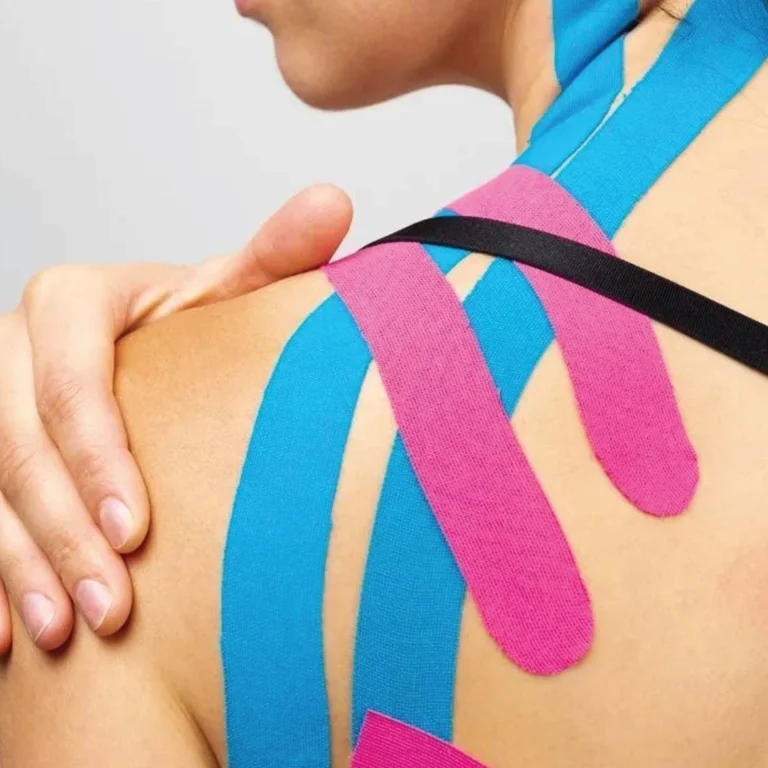
Kinesiology Taping
The theory underlying taping techniques revolves around their potential to alleviate pain and inflammation, prevent overuse of specific muscles, and enhance muscular contraction and movement. This approach is applied in various scenarios, including relieving discomfort, improving joint stability, boosting athlete confidence, and minimizing the likelihood of injury recurrence. By utilizing tailored taping methods, individuals can experience enhanced comfort, stability, and functionality, ultimately contributing to improved overall well-being and performance. Taping serves as a versatile tool in physiotherapy, offering targeted support and assistance to individuals across a spectrum of needs and conditions.
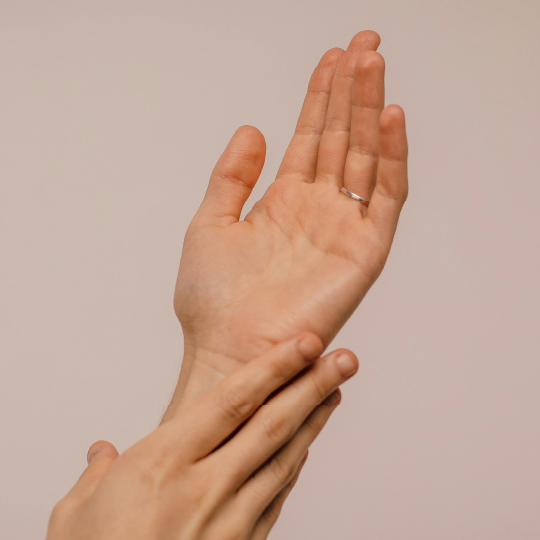
Manual Therapy
Manual therapy, a specialized branch of physiotherapy, relies on hands-on techniques rather than devices or machines for treatment. Practitioners use their hands to apply pressure to muscle tissue and manipulate joints, aiming to alleviate pain caused by muscle spasm, tension, or joint dysfunction. There are several types of manual therapy, each offering unique approaches to address various conditions and needs. These include acupressure, integrative manual therapy, joint manipulation/mobilization, spinal manipulation/mobilization, muscle energy technique, and myofascial release. Each technique is tailored to target specific areas of discomfort or dysfunction, providing patients with personalized care to improve mobility, alleviate pain, and enhance overall well-being.
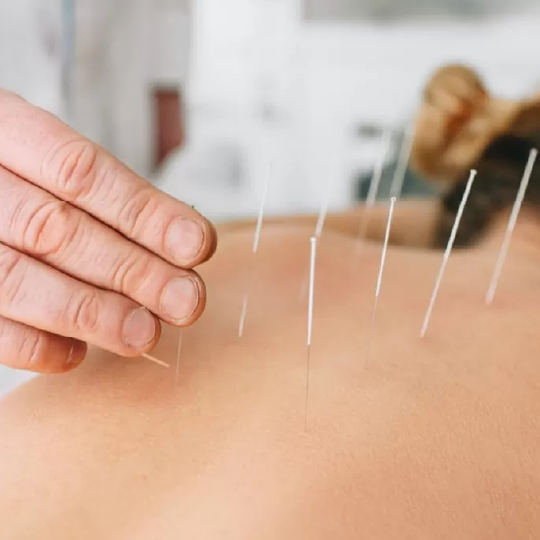
Dry Needling
Dry needling therapy is a physical therapy that involves insertion of fine filiform needles into the skin and underlying tissues to alleviate pain and treat muscle and myofascial disorders. The procedure is performed by a licensed physical therapist and is based on the principles of traditional acupuncture. However, unlike acupuncture, dry needling is based on the anatomy, physiology and modern understanding of the musculoskeletal and nervous systems. The objective is to release or inactivate trigger points, which are tight knots of muscle fibers that can cause pain and impair function. Dry needling is used to treat conditions such as chronic pain, myofascial pain syndrome, and muscle tension or spasm. This therapeutic technique used to relieve pain and improve muscle function by targeting trigger points, which are tight knots in muscle fibers.
Get In Touch With Us!
Phone
+91 90368 11040
gaursphysiotherapy@gmail.com
Address
671, Ground floor, Landmark, 45th Cross Rd, opposite to metro pillar no.22, 8th Block, Jayanagar, Bengaluru, Karnataka 560070
